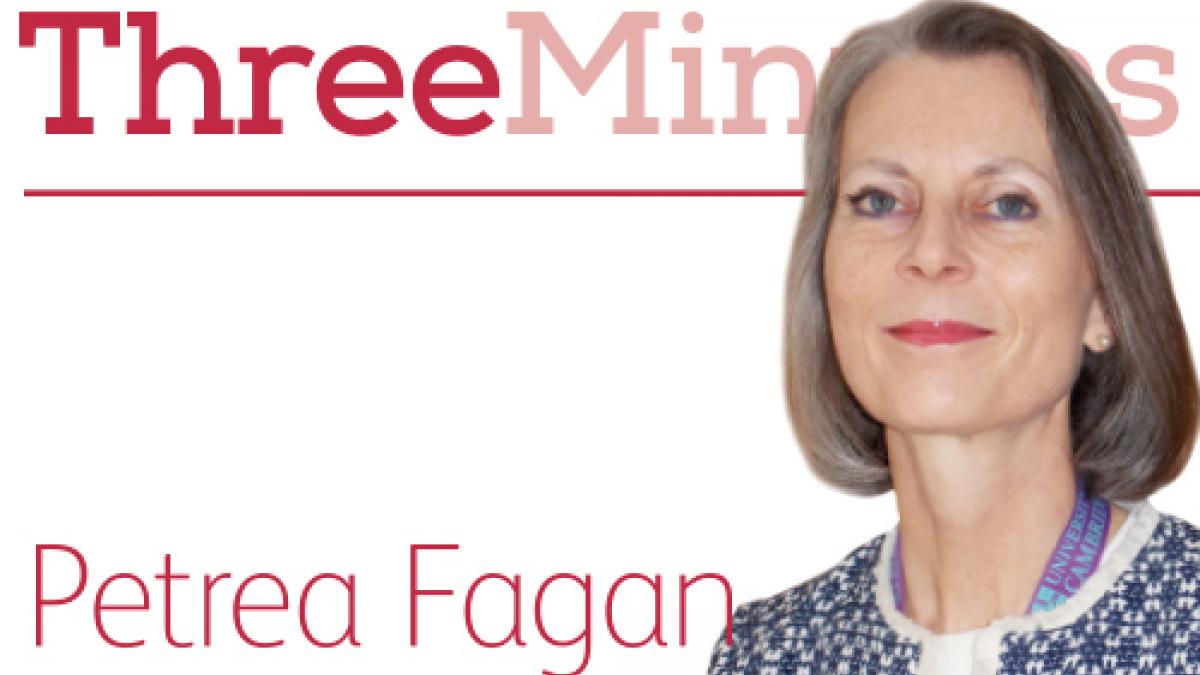Why collaboration with service users is key. An advocate for self-management support, Petrea Fagan believes her fellow physios can encourage patients to manage their own long-term conditions.

Petrea Fagan
What is self-management support?
It’s the support we give people with long-term health conditions to develop the knowledge, confidence, skills and resilience to manage their health and wellbeing on a day-to-day basis. Together with good quality clinical care, it ensures people receive the support they need to manage the physical, emotional and social impact of their condition at different stages and ages during their lives. It means working as collaborative partners, building on people’s strengths and supporting them to achieve their goals.
What does this mean for staff?
Self-management support requires changes across the whole system and a cultural shift in how we understand the roles, responsibilities and relationships between people and the health and social care professionals who support them. While recognising our role as experts it encourages us to become enablers and catalysts of change rather than just providers of services. To achieve this we need effective core communication skills and additional knowledge. This includes facilitation and coaching skills, an understanding of new concepts such as patient activation and health literacy, and a commitment to sharing responsibility and building problem-solving skills in others. We also need to involve our service users in evaluation and service design.
Who can do self-management support?
Everyone can, and we can all integrate many things into our day-to-day practice that make a real difference. This includes how we say things, the words we use and specific skills, tools and techniques.
Any opportunities for physio staff?
There are plenty of opportunities in these new models of care for physiotherapy staff to develop their profile, influence and spread. We have a high baseline level of skills upon which to build, see people in contexts that lend themselves to this approach and have a relatively high degree of autonomy to change how we do things.
Service users who have developed new ways of working say they experience increased levels of confidence, self-efficacy and engagement.
Practitioners say that their planning skills improve and their consultations are more effective. Job satisfaction rates improve, as does the health and wellbeing of staff.
For services, the benefits include a fall in the number of missed appointments, shorter episodes of care and cuts to readmission rates.
What drew you into this area?
I first got involved through The Health Foundation’s Co-creating Health Programme, which started about seven years ago. Cambridge University Hospitals NHS Trust, where I am a self-management support specialist, was a test site. I soon realised its positive impact, how much it was valued by service users and how much I enjoyed it.
Tell us about your role
My portfolio working style allows me to follow my passion in this area. What inspires me is coaching clinicians and hearing feedback about changes they have made to their practice and what impact this has had. As well as co-designing and delivering workforce training interventions I also help to influence at a strategic level, embed service improvement initiatives and measure impact. I work with health and social care staff in many settings and recently developed an e-learning programme. I help services build patient partnership groups, redesign services in collaboration with their users and increase their knowledge of peer support and community assets.
Where can people find out more?
A Health Foundation publication on self-management support offers a good overview and you can also go to the relevant section of the foundation’s website fl
More information petrea.fagan@nhs.net
Author
FrontlineNumber of subscribers: 1




































